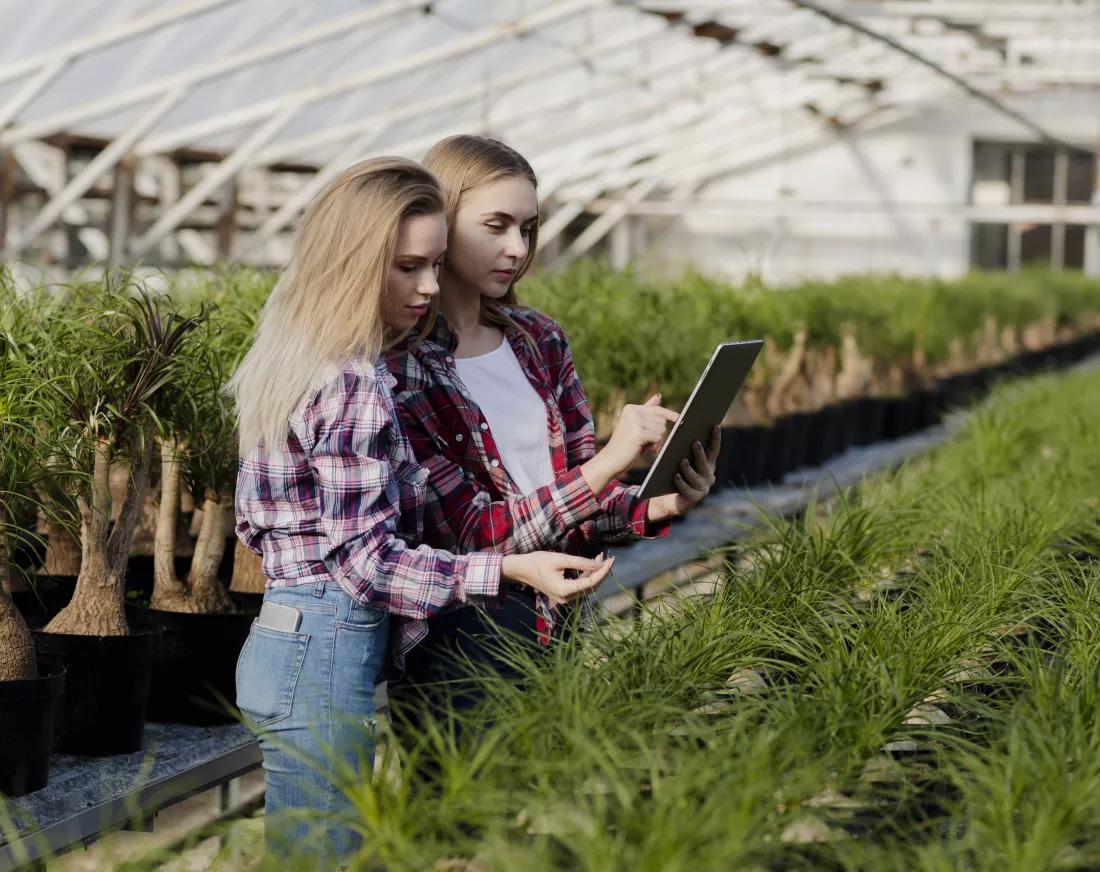
The University of Agriculture in Kraków offers a Master’s degree in Interdisciplinary Bioeconomy Studies, a two-year, full-time program designed to equip students with expertise in the growing field of circular bioeconomy. The course reflects the university’s strategy for 2021–2025, emphasizing the creation of innovative study programs and internationalization efforts. It responds to global environmental and economic challenges linked to the reliance on non-renewable resources and linear production systems.
The course places circular bioeconomy at the center of its teaching. This model replaces conventional refinery products with biorefinery alternatives, making use of renewable biological raw materials. The approach emphasizes cascading use of resources, where every stage of processing is optimized, minimizing waste and maximizing value.
Students gain insight into how circular bioeconomy practices can help reduce reliance on extractive industries, stabilize resource pricing, and promote sustainable industrial innovation. By learning to design closed-loop systems for production, they explore ways to minimize ecological footprints and support long-term sustainability.
The IBS curriculum is organized into three thematic blocks:
Socio-economic context: This block introduces students to the economic and social dimensions of the bioeconomy. It emphasizes understanding production principles, industrial processes, and project management. Creative problem-solving is developed through mandatory Design Thinking workshops.
Circularity context: Students study the entire material cycle, from sustainable primary production to biomass processing and nutrient recovery. They learn how agricultural and industrial processes can be optimized to reduce environmental harm and create closed-loop systems.
In-depth production context: This part focuses on detailed processing techniques for transforming biomass into non-food goods such as bioplastics, biofuels, and cosmetics. Students gain technical and applied knowledge relevant to industrial innovation.
This structure aims to provide both theoretical knowledge and practical skills, preparing graduates for roles in the development and application of bioeconomy principles.
Graduates of IBS are trained to understand the potential of biological resources and the challenges of sustainable production. They acquire knowledge of biomass creation, processing, and reuse, enabling them to design systems where by-products become valuable resources.
The program develops analytical and practical competencies, ensuring graduates are familiar with both the economic and ecological implications of bioeconomy systems. They leave the program ready to address global sustainability issues through informed decision-making and innovation.
The IBS program is designed to prepare students for a wide range of career paths. Graduates can work in consultancy, advising on the development of bioeconomy strategies, or take part in designing value chains for sustainable industries. Opportunities are also available in organizations that implement sustainability policies, such as governmental and non-governmental institutions.
For those interested in industrial applications, the program provides preparation for roles in the production and processing of biological resources, including biorefinery operations. The combination of interdisciplinary knowledge and technical expertise equips graduates for positions in both research and industry.